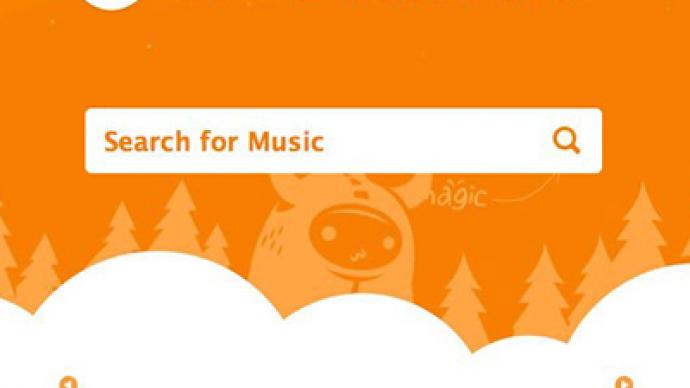Music streamers Grooveshark prepare to sue record biz for millions

The immensely popular Grooveshark streaming music service has won a lawsuit waged by the Universal Music Group and is now expected to go after America’s largest record company conglomerate.
A New York State judge pulled the plug this week on a 2010 lawsuit introduced by Universal Music Group (UMG) that charged that online music service Grooveshark had knowingly provided "free access to UMG's pre-1972 recordings," including "some of the most popular and successful recording artists of the 20th Century.” Launched in 2007, Grooveshark provides millions of users with free, streaming access to a massive chunk of recorded popular music and is believed to be utilized for as many as 1 billion streams each month.Time Magazine reported last year, however, that UMG was asking for a $15 billion payout because they believed that the service had allowed users to access more than 100,000 songs without explicit permission.UMG attempted to fault Grooveshark for allowing its users to listen to music from its back catalog for free and argued that the safe harbor provisions included in 1996’s Digital Millennium Copyright Act could not be applied in these instances, much to the chagrin of the streaming service. UMG’s argument, rather, was that the safe harbor provisions that allow for infringing Web entities to remove copyrighted materials upon request without penalty could not be applied to the label’s older tunes. On Tuesday, the court rejected UMG’s claim and thus opened the door for Grooveshark to go after the record industry.“There is no textual, or other reason, to think that Congress intended to limit that distribution of responsibilities to only post-1972 recordings,” Judge Barbara R. Kapnick writes in this week’s ruling.Although the court has concluded that Grooveshark cannot go ahead and directly file a countersuit against UMG, they have been given the green-light to proceed with some attempts to attack UMG over what Escape, Grooveshark’s parent company, calls an anti-competitive campaign “to exploit its sizeable market power by coercing third party business entities into refusing to deal with Escape.”Escape claims that UMG had a direct role in ruining contracts between Grooveshark and its advertisers, including one deal with Hewlett Packard that TorrentFreak.com reports to have been worth as much as $325,000. Additionally, Escape claims that UMG had a large say in having Apple yank the Grooveshark app from its online iTunes store, costing further revenue loss. “Those relationships would offer UMG a defense only if it had acted to protect its interest in those relationships, not if, as the counterclaims allege, it used those relationships to coerce HP and INgrooves to breach their contracts with Escape, merely to damage Escape's business and achieve a direct benefit to itself,” writes Judge Kapnick. A source speaking with TorrentFreak believes that Grooveshark and Escape will seek “tens of millions of dollars, if not more,” from UMG.














